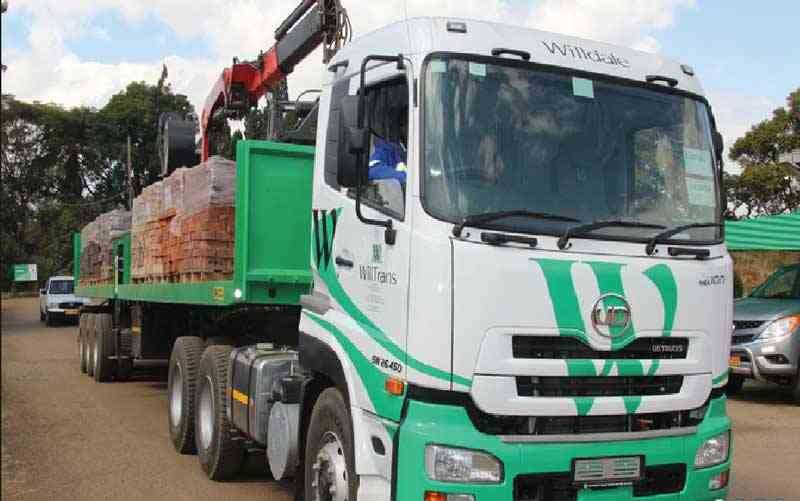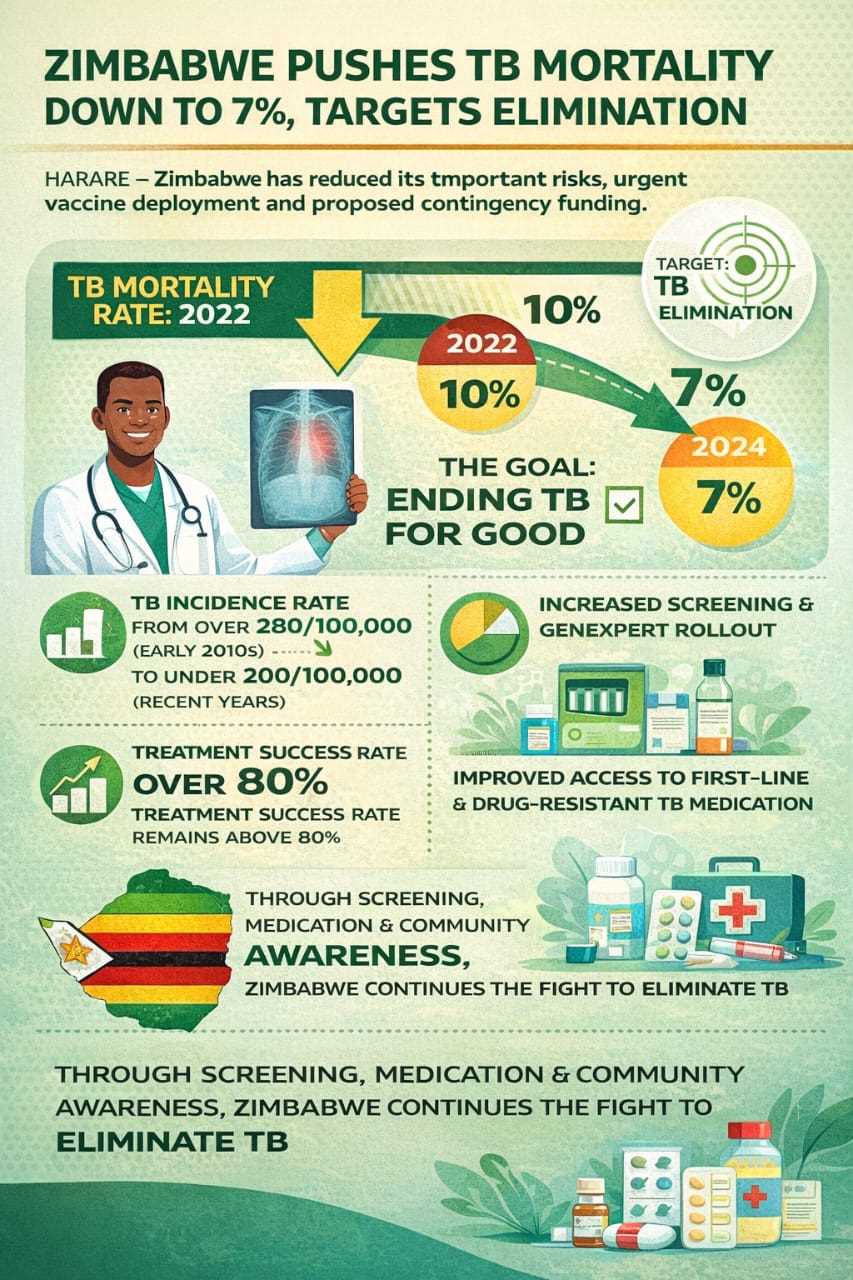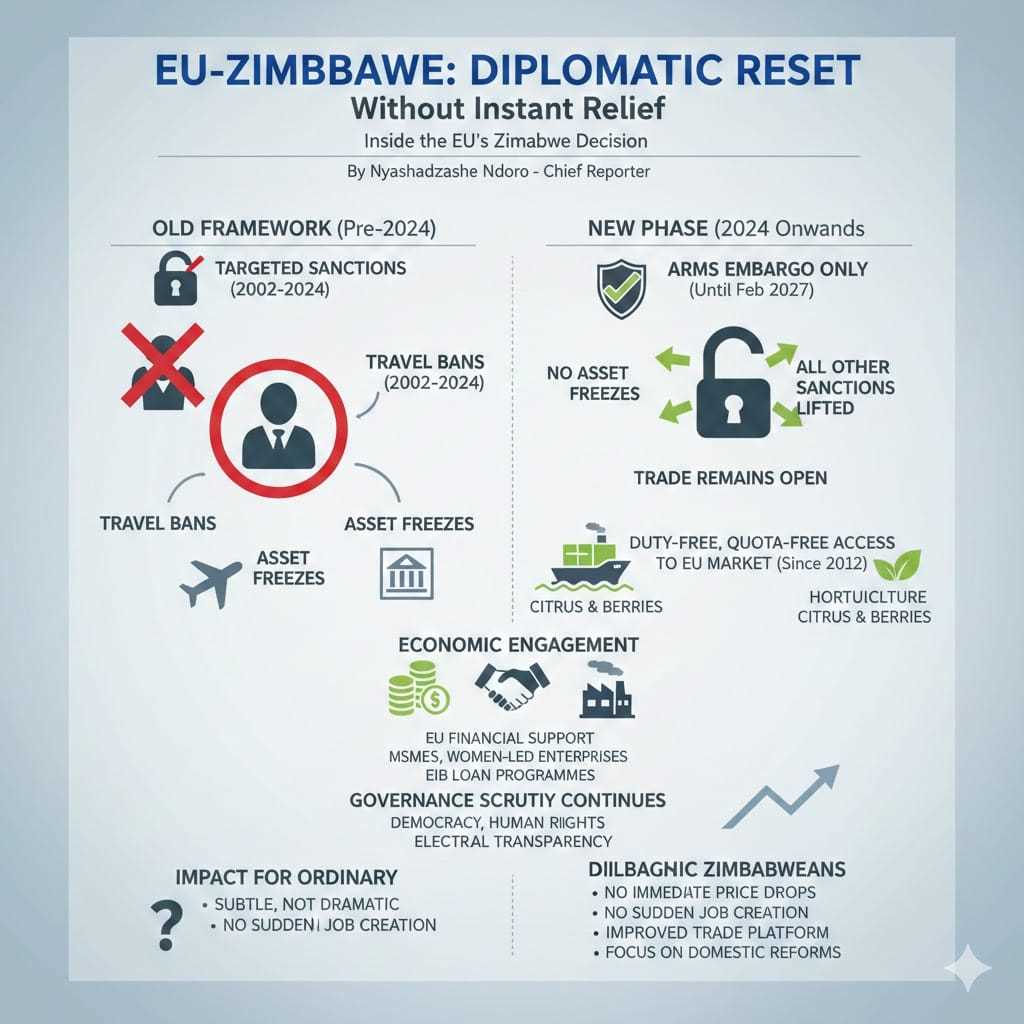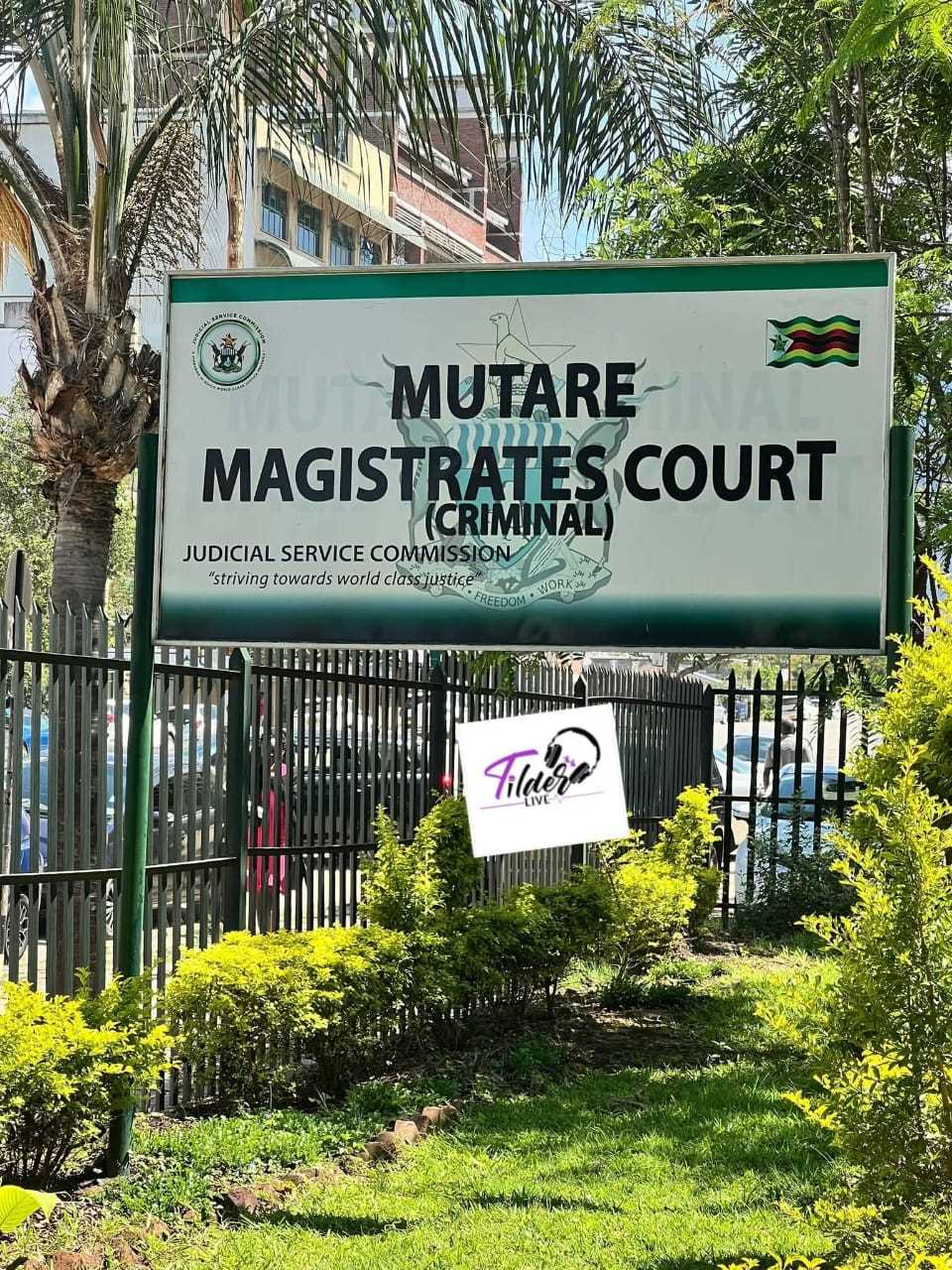
Nyashadzashe Ndoro
Econet Wireless Zimbabwe, the country’s biggest mobile network operator by subscriber base, claims that the local telecommunications tariffs are much lower than the region and urged the government to institute balanced regulations in response to negative inflationary pressures facing the economy.
This is despite a survey carried out by the Worldwide Mobile Data on data prices in March last year, which ranked Zimbabwe as one of the countries with the most expensive internet data in the world.
In its trading update for the third quarter ended 30 November 2023, Econet said the operating environment was faced by external threats, including imbalanced regulation and incessant inflation, ravaging the economy.
To ensure quality services for its customers, the company said there is a need for the review of mobile network tariffs and put them at par with regional standards.
Related Stories
“The Company has been actively developing its network capabilities and securing its services in response to the digital economy’s expansion and the growing need for mobile services. This has allowed the business to continue thriving despite facing external pressures. To mitigate the negative impact of power outages, the business continues to invest in solar solutions. To counter the impact of vandalism and theft, the business has invested in enhanced security systems which have become even more critical in the current socio-economic environment,” read part of the trading update signed by Econet Group Company Secretary Tatenda Ngowe.
“"Investments made to bolster network capacity and enhance security indicate the Company's commitment to maintaining dependable services and customer satisfaction. The move towards utilising solar power reflects an innovative approach to address power supply challenges, ensuring consistent service availability even during power grid failures.
“Due to the high inflationary pressures, the business is calling for balanced regulation, an important step given the rising operational costs driven by inflation and the shift to using the US dollar. It’s essential to find a middle ground where tariffs remain practical for the business without becoming unaffordable for consumers. Regional benchmarks reflect that local telecommunication tariffs remain much lower than the region, despite the country’s cost structures being more demanding and access to foreign currency for infrastructure deployments being a significant challenge for local businesses.”
On financial performance, the group said inflation adjusted revenue for the period under review increased by 177% from ZWL 0.8 trillion relative to the same period last year. Econet said the growth in voice and data traffic of 28% and 26% respectively was largely anchored on network modernization.
“Exchange losses continued to weigh down the financial performance of the business. For the period under review, exchange losses were 20% of revenue against a prior period comparative of 26%. After the successful settlement of debentures in September 2023, the exchange losses exposure was significantly reduced, and this should improve the business performance going forward,” Econet added.




















Leave Comments